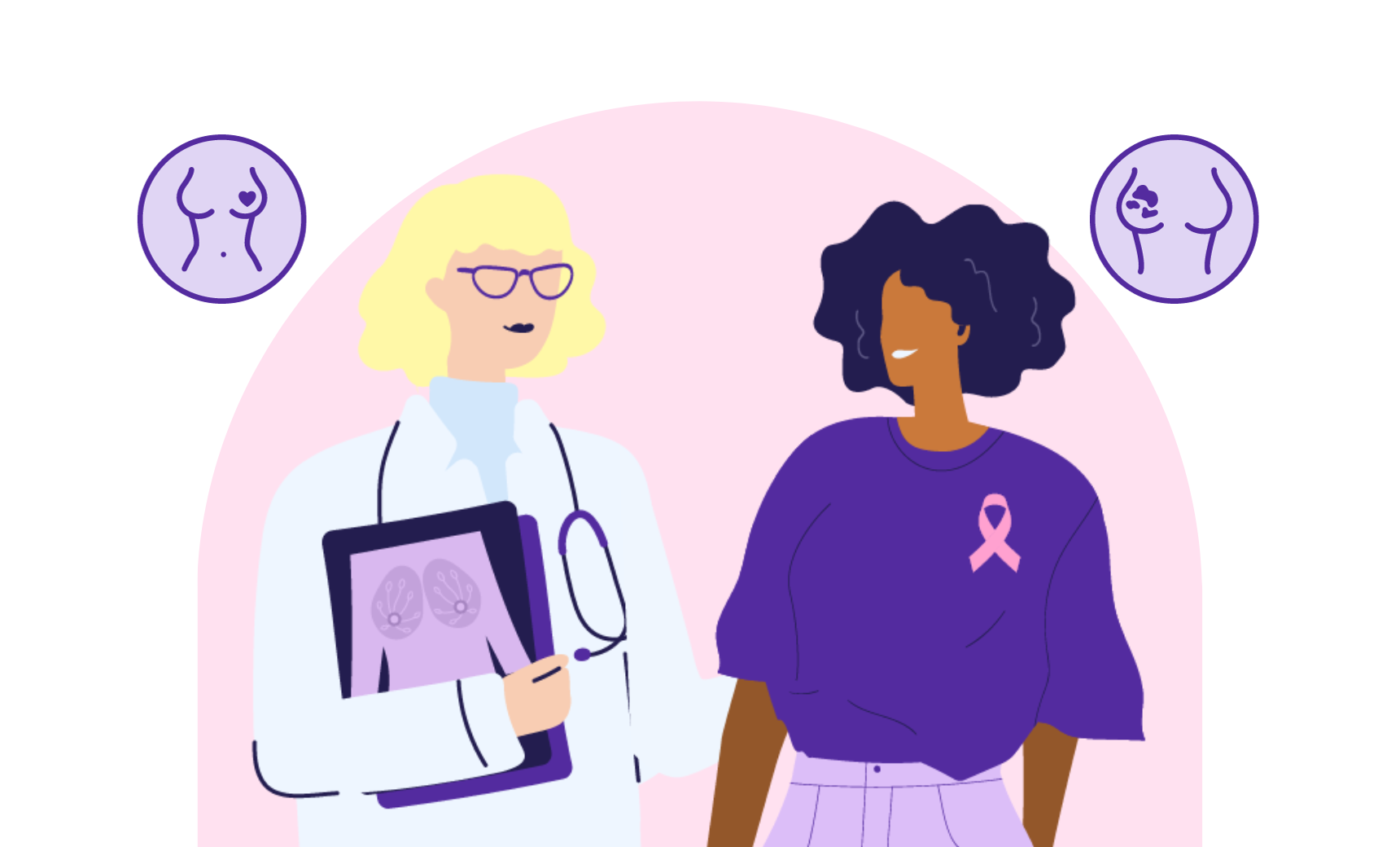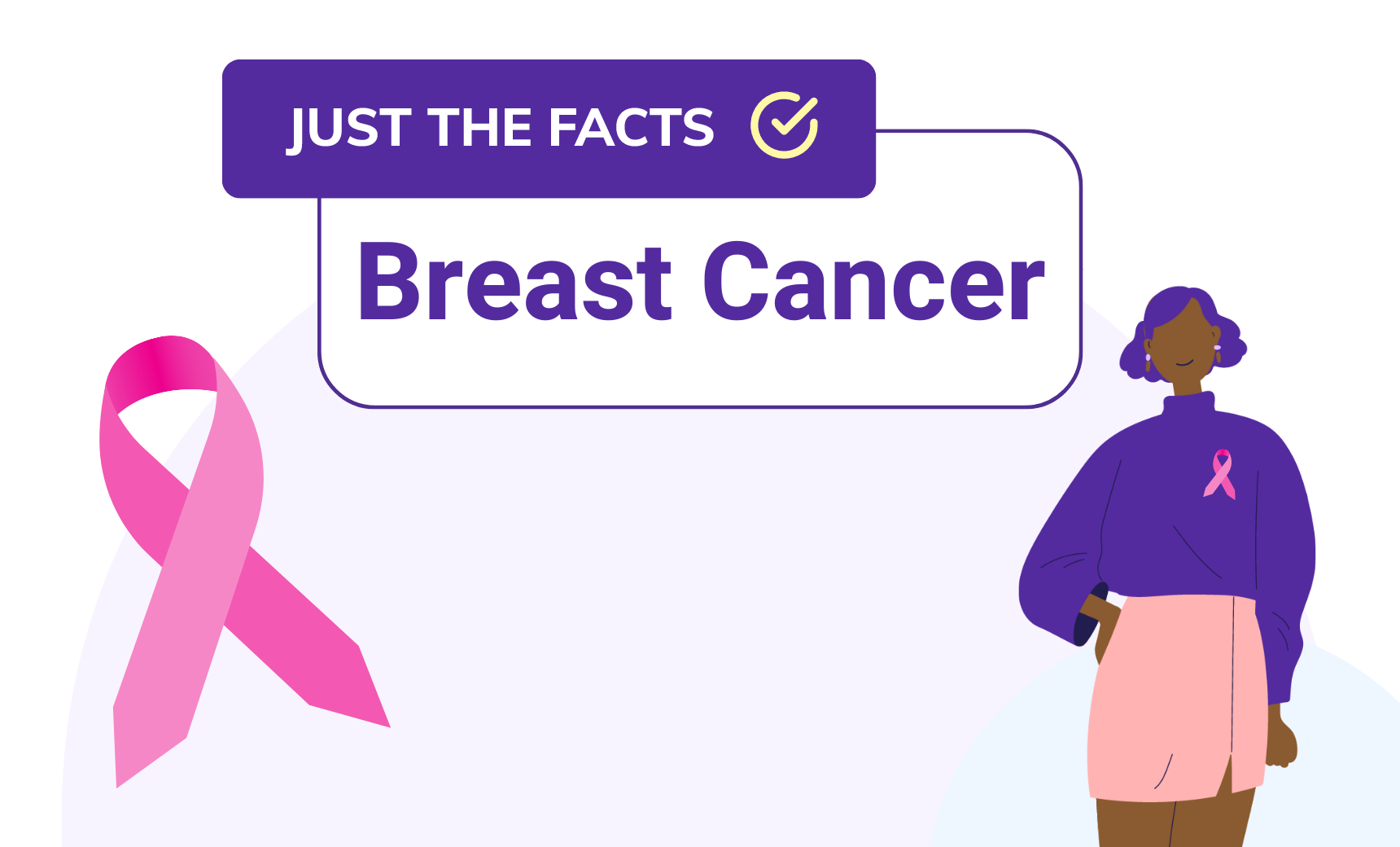
The COVID Antibody Test
Where to begin, with so much news saturated the airways, it’s challenging to keep track of everything going on. Coronavirus has certainly kept us busy, or not working, depending on your quarantine status. First, there was the diagnostic test, and now we got the extended anticipated antibody test we keep hearing about in virtually every press conference over the past month. So precisely what is it? What does it do? Who does it benefit? Why should we care? The purpose of tonight’s blog dives into precisely that, so let’s get started, shall we?
What exactly are antibody tests in layman’s terms? Well, after exposure to a virus, your body makes protective proteins called antibodies. These can be measured to see your level of immunity to this virus, which means your body’s natural defense against the dark arts. Any Harry Potter fans? No? Ok, moving on. The antibody test measures your immunity levels. Each virus you’ve ever encountered in your life and recovered from your body has developed an immunity. Therefore on the off chance that you meet it again, your body can fight off with more ease as it did when you initially encountered it. That is the primary reason why this novel coronavirus, SARS-CoV2, COVID19, has been so devastating to the entire world. It is a virus that humans have never been exposed to before in our history, so we have not developed any immunity towards it. Therefore, shocking our immune system into overdrive is called a cytokine storm, where it mainly releases grenades all over the body internally via an array of immunological factors. The net result of this cytokine storm is an inflammation of organs, and the high morbidity and mortality are due to secondary and tertiary infections. There are different tests out on the market today; some take blood samples; others take saliva samples. Either way, necessarily, this antibody test can help determine whether or not your body has developed an immunity to novel coronavirus, SARS-CoV2, COVID19.
How long does it take for virus antibodies to develop? Our body produces 2 sets of antibodies. In a primary infection, there is a lag time of about 5-10 days after short term antibodies called IgM. Long term antibodies called IgG. In a secondary infection the immune response peacocks much quicker the body has developed an immunity. The immunity of each virus presents differently at different times. So it’s difficult to say with certainty how long when antibodies develop but its safe to say it would be within the incubation period time frame. In the case of COVID it is 1- 14days.
Who benefits from this test? Technically everyone, in theory, in the future, everyone should get the antibody test, especially since many people may have had the virus and were asymptomatic. In the short term, it should be used for people who have recovered from the infection and those who have tested positive for having the virus. Convalescent plasma therapy is when they take blood samples of people recovered from the novel coronavirus and use their immunity to help those in the ICU suffering from it. The test can also help scientists understand the virus better to help aid in vaccines as well.
LabFinder has now made testing accessible to the general public for asymptomatic patients. Who knows, perhaps one of you reading this can help save a life and be the hero you were meant to be, and that is reason enough to care.




Andy Alem
The LabFinder Editorial Team is behind The Illuminator and The Insider, LabFinder’s consumer and business blogs.
Dr.Robert Segal
Dr. Segal is CEO and co-founder of LabFinder, as well as a board-certified cardiologist. He began practicing medicine in 2002 and has founded several businesses, including Medical Offices of Manhattan and Manhattan Cardiology.